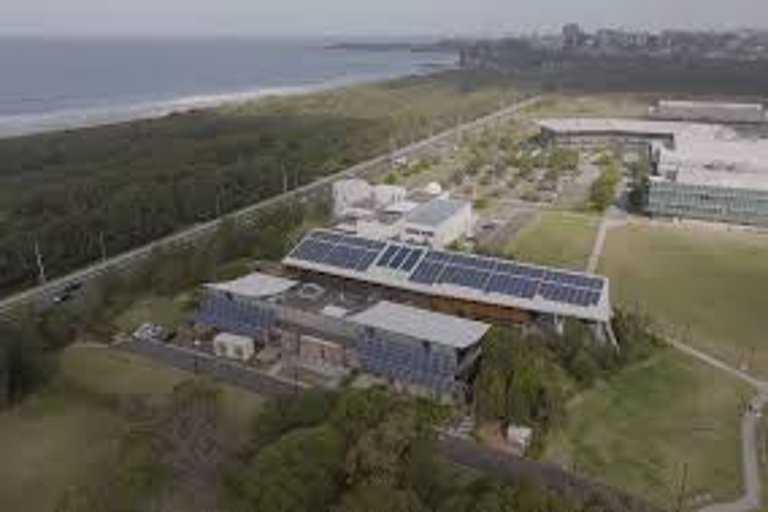Education & Innovation
Australian Universities Invest in Green Tech Research
Leading campuses are pouring millions into renewable energy projects, driving both academic innovation and industry partnerships in the fight against climate change.
2025-07-29 | By James O’Connor

Australian universities are taking a leading role in the fight against climate change by investing heavily in green technology research. From renewable energy to sustainable building design, campuses nationwide are directing significant resources toward innovation.
The University of New South Wales recently announced a multi-million dollar program dedicated to solar panel efficiency, partnering with industry to accelerate adoption of clean energy solutions. This initiative follows similar commitments at universities in Melbourne and Brisbane.
Research facilities are expanding to accommodate projects focused on wind, hydrogen, and battery storage technologies. Professors involved say that universities are uniquely positioned to test new ideas while training the next generation of experts.
Collaboration has become a hallmark of these efforts. Academic teams frequently partner with government agencies, private firms, and international organisations to scale discoveries into practical applications for both industry and households.
Students are also playing a critical role. Many campuses have established innovation hubs where students contribute to real-world projects, gaining hands-on experience while supporting Australia’s sustainability goals.
Funding from both public and private sectors has surged, reflecting a growing recognition that green technology is central to future economic prosperity. Analysts argue that this investment is not only environmentally responsible but also financially strategic.
One key development has been the integration of Indigenous knowledge systems. Several universities are incorporating traditional ecological practices into research, bridging cultural wisdom with modern technology for more sustainable outcomes.
Despite progress, challenges remain. Researchers cite difficulties in securing long-term funding and warn that political changes could slow momentum. Nevertheless, the academic community remains committed to driving innovation regardless of external pressures.
Australian universities are also strengthening international partnerships. Exchange programs and joint ventures are expanding knowledge sharing, particularly with institutions in Europe and Asia, where renewable energy adoption is advancing rapidly.
On campus, practical changes are visible. Solar panels now line rooftops, electric vehicle stations are expanding, and waste reduction initiatives are integrated into student life, turning campuses into living laboratories of sustainability.
Industry leaders say that this surge in university-led research is beginning to influence national policy, with government bodies increasingly consulting academic findings to shape renewable energy strategies.
The scale of investment and collaboration suggests that universities will remain central to Australia’s transition toward a green economy, fostering innovation that could influence global approaches to climate change.